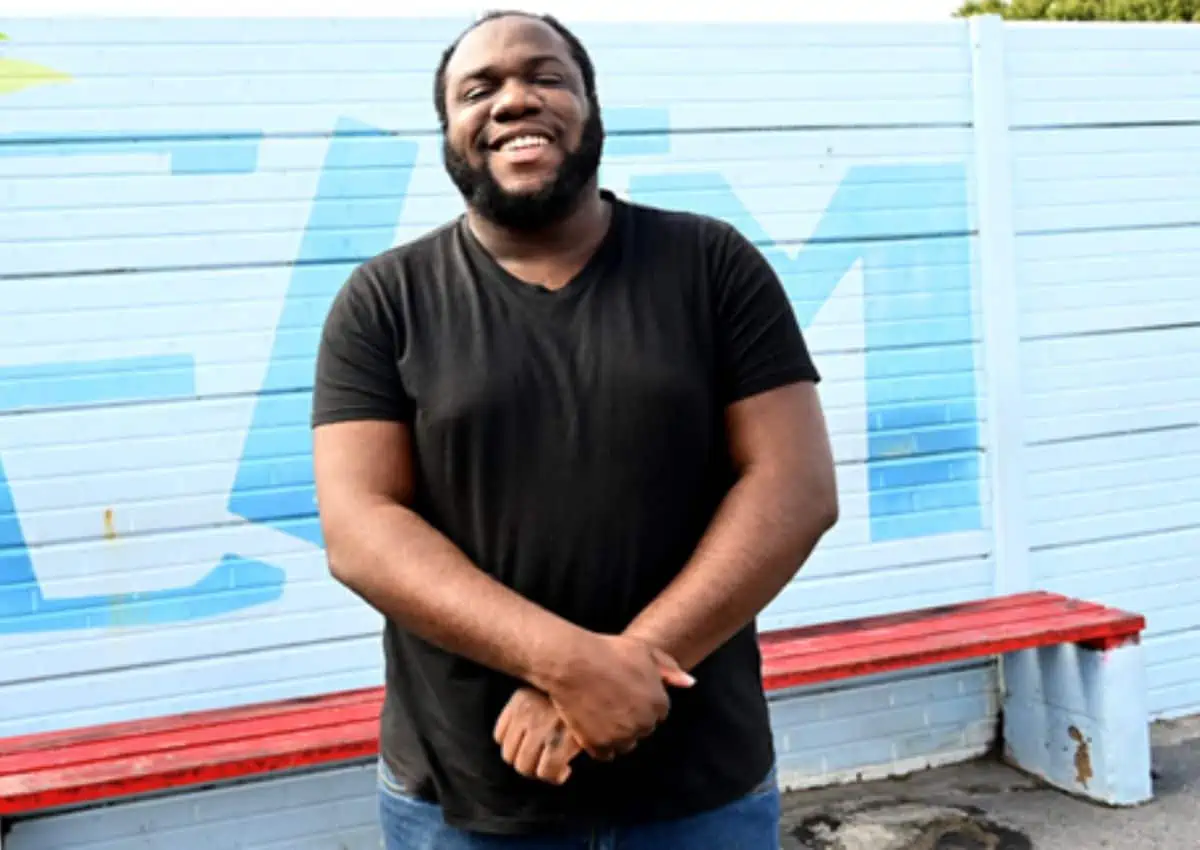Omamuyovwi “Dante” Gbejewoh, originally from Nigeria, who lived in a shelter for the homeless, is on his way to Queens University in Canada to pursue his PhD in agricultural studies.
Gbejewoh lived at a night shelter in Elsies River for the past three years and had lived on three other shelters in Cape Town since arriving in January 2018.
He wrote his exams to complete his master’s degree despite the noise and distractions of the communal computer room at the shelter which he called home for the past three years.
This was one of the sacrifices he made in his pursuit to create research that can be used to fight climate change and reduce food insecurity.
Gbejewoh travelled to South Africa to further hid studies after he had completed Bachelor and Honours degrees in Nigeria. He applied at the Stellenbosch University but was told that as an international student, he could not pay the tuition fees in instalments as he had hoped he would.
As he was unable to pay for both the tuition and accommodation, he moved into a shelter and worked as a security guard. He was able to save R40 000 to pay for his first year’s tuition in the two-year master’s degree programme. The university funded his second year.
Only three years after leaving his home in Nigeria, having spent all his money on a plane ticket to come to South Africa, the 29-year-old has been offered funding to pursue his doctoral degree at Queens University in Canada.
Gbejewoh was accepted to study a PhD in Environmental Studies at the Ontario university after he completed his mater’s degree with Stellenbosch University.
He intends to focus his studies on traditional and indigenous plants, and how they can be used to develop crops better suited to climate change.
“We have a lack of diversity in our crops. Rice, corn and wheat make up 60% of our food, despite there being a number of indigenous crops that are well suited to higher temperatures. If we could introduce these into our diets, we could increase food security,” he explained.
Source: News24, IOL, image from IOL: Ayanda Ndamane/African News Agency (ANA)
